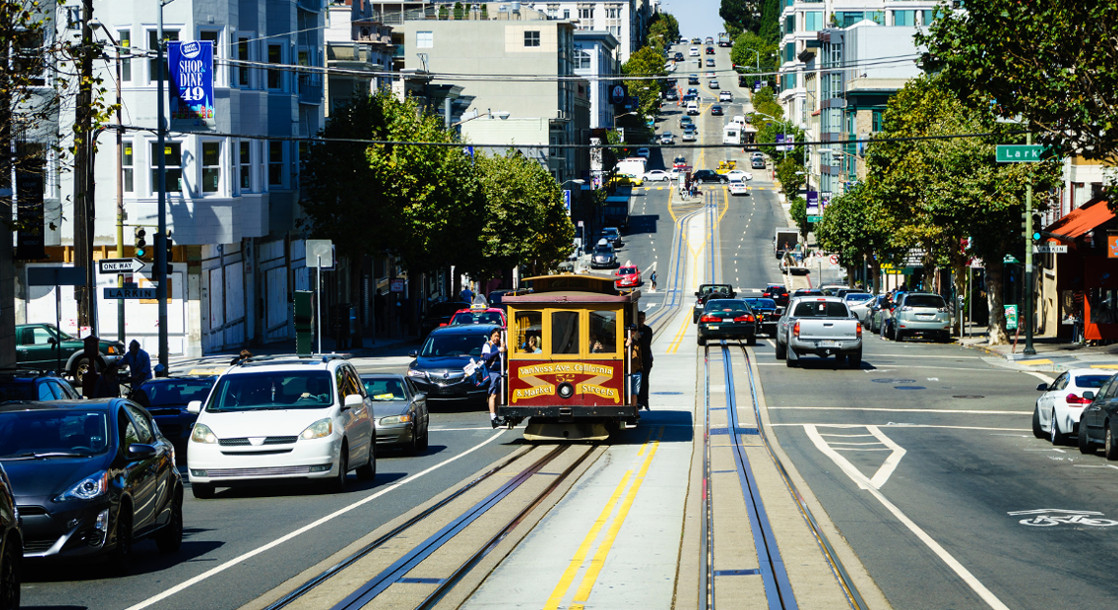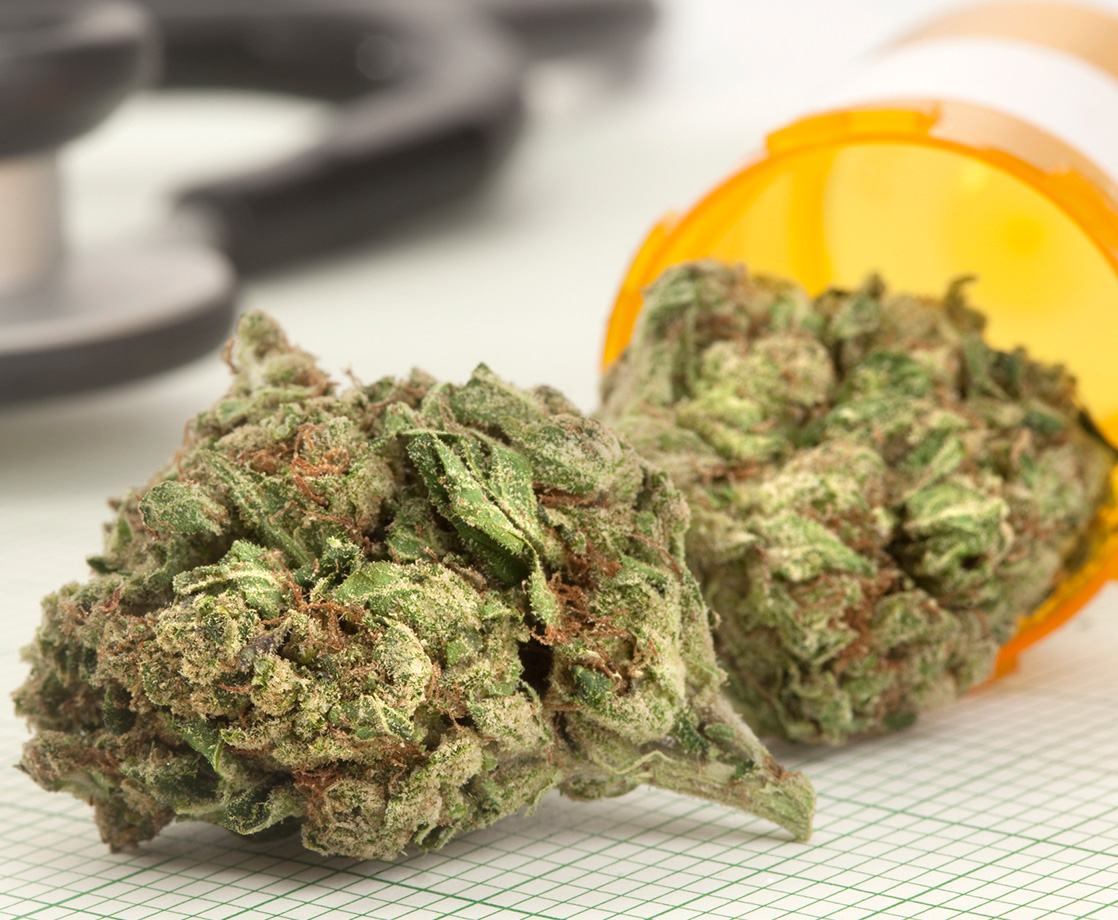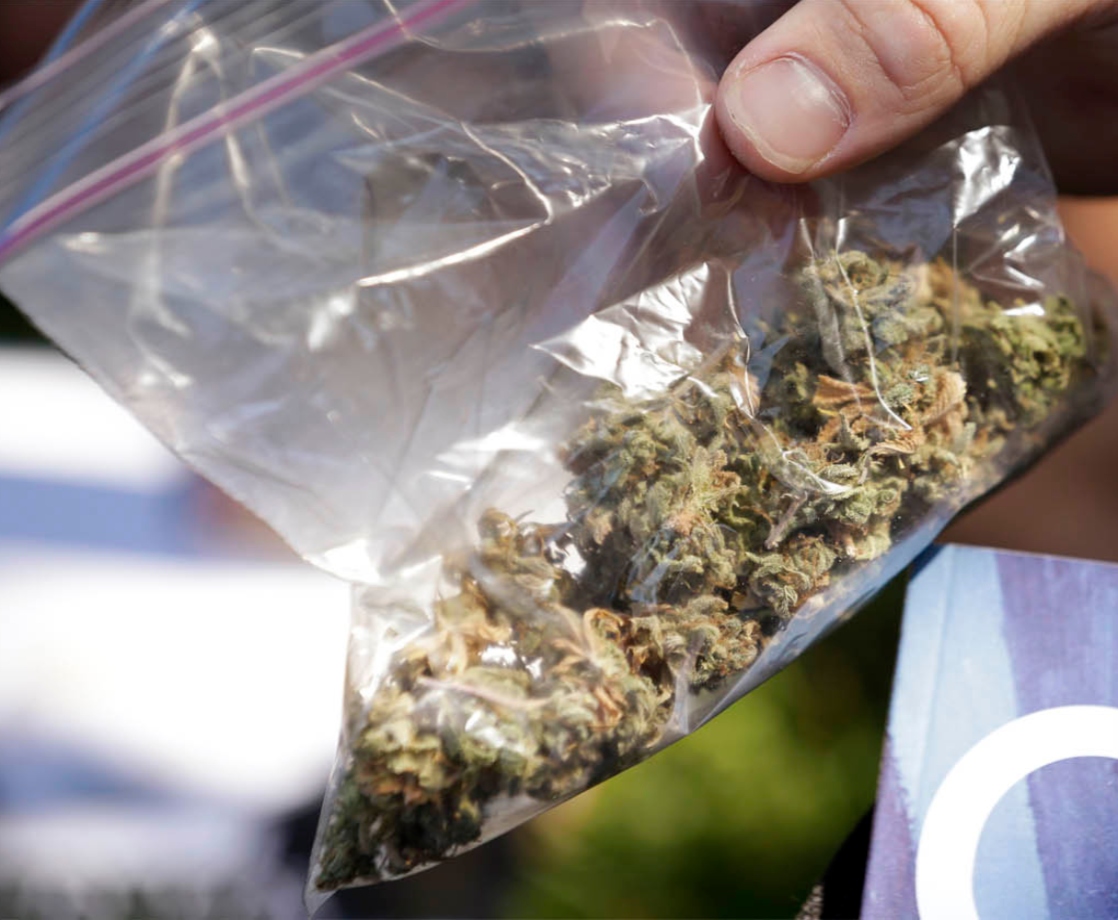Photo via Dale Cruse
A newly released draft tax plan for San Francisco's impending recreational cannabis industry estimates that legal weed will bring the City by the Bay up to $240 million in annual retail revenue, and triple SF’s current medical marijuana consumption.
Despite being home to Haight Street, Hippie Hill, and a significant portion of California’s cannabis culture, San Francisco has struggled with regulating adult-use sales for a year, with disagreements now pushing the recreational sales start date to January 6th — five days after California permits will start going out across the state.
According to a report from SF Weekly, city Supervisors missed the January 1st goal last month because of complications with a proposed equity clause, a contested retail buffer zone around schools, parks and daycare centers, and suggested security standards.
At a mid-November meeting, Supervisor Jeff Sheehy argued that missing the January 1st start could have long-term consequences for the city’s cannabis industry.
“Not having something available January 1, it makes us look bad,” Sheehy said at the meeting. “We risk disintegrating the industry.”
After missing the New Year’s sales start, SF officials went into overdrive and finally passed a series of comprehensive regulations and permitting procedures the final days of November and sent the bill to Mayor Ed Lee, who signed the legislation into law December 6th.
Included in the final regulations is a grandfather clause that will allow the city’s 45 existing medical dispensaries and delivery services to obtain state permits and begin selling recreational cannabis as soon as January 6th, before re-applying for a new city permit in April. Additionally, Supervisors established an equity program that will require a 1-to-1 ratio of grandfathered dispensaries to pot shops owned and operated by racial minorities, women, and those previously persecuted for nonviolent drug crimes. Continuing the final regulations’ progressive slant, a proposed retail buffer zone that would have kept dispensaries at least 1,000 from a school or daycare center was reduced to 600 feet.
“This legislation strikes the right balance for San Francisco residents and businesses. It brings the cannabis industry out of the shadows, addresses safety and public health concerns and takes a substantive approach to atoning for the harmful effects of the War on Drugs by establishing an equity program,” Mayor Lee said in a statement Wednesday. “This has been a contentious issue, but we have developed a system that will allow for a measured rollout of these new rules while ensuring input and feedback from the community. As with any emerging industry, we will be continuously evaluating the impacts of this legislation and remain flexible and open to adaptation as necessary."
But while San Francisco’s sales start date, equity program, and storefront regulations are now set, Fog City’s cannabis tax plan is far from finished, with a cannabis gross tax rate still in the draft stages.
The city’s first preliminary cannabis tax report, made public thanks to a request from the San Francisco Examiner, suggests that SF retailers could sell up to 30 million grams of cannabis annually, up from the current medical sales of approximately 10 million grams a year.
“We are estimating that a 10 percent gross receipts rate would generate anywhere between $12 million and $23 million,” wrote Jay Liao, an economist with the City Controller’s Office, in an email to the Examiner last week. “The large variation just reflects the uncertainty around what will happen in this market.”
With anywhere from $100 million to $240 million in cannabis sales expected annually, the initial tax estimates have a wide variance, with a 1% retail tax predicted to bring in up to $2 million in tax revenue, or a 20% gross tax that would hypothetically bring in as much as $43 million to state coffers. So far, most California municipalities with their own cannabis-specific tax codes have settled somewhere in the middle of those poles, with Los Angeles landing on a 10% recreational cannabis tax and San Diego establishing a flat rate of 15%, reports the Examiner.
Even without a city-specific cannabis tax established by the time recreational sales kick off on January 6th, all of California’s pot shops, including San Francisco’s, will have to turn over 15% of their revenue to the state tax man.











